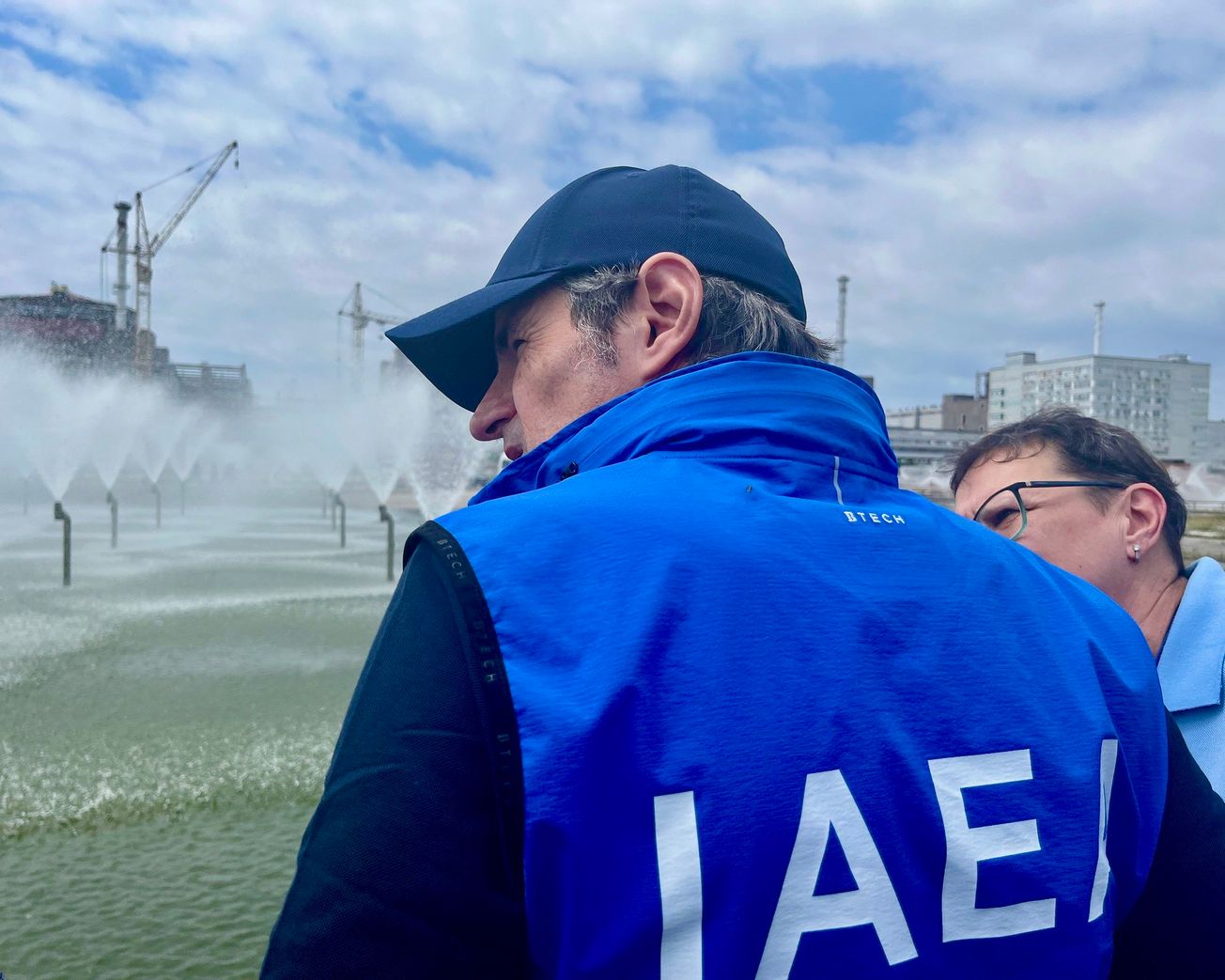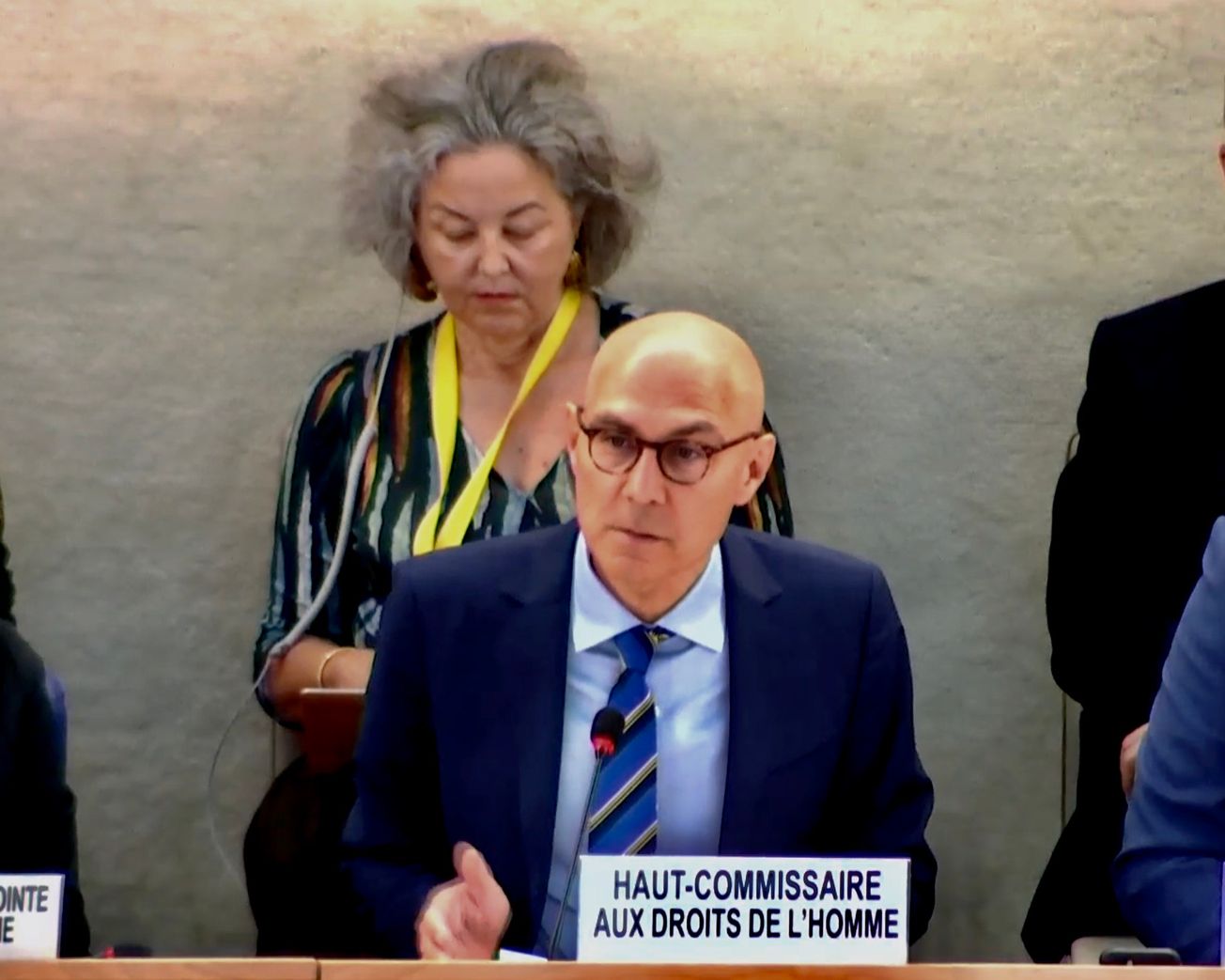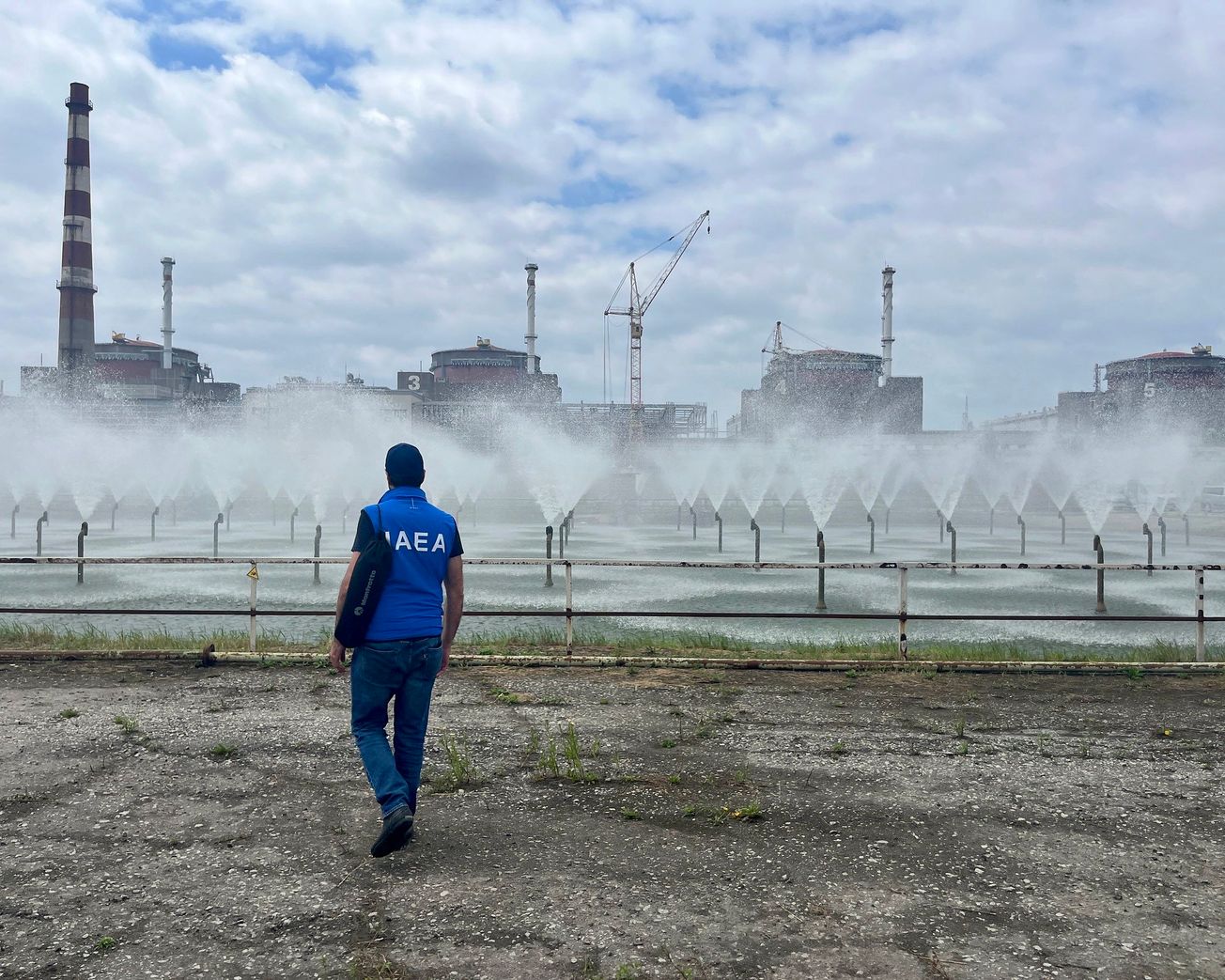
NATO makes Ukraine wait while Turkey clears way for Sweden to join
Ukraine failed to win a definitive timeline for joining the military alliance while Sweden's path to entry accelerated with plans to deepen counterterrorism cooperation with Turkey.
Ukraine failed to win a definitive timeline for joining the military alliance while Sweden's path to entry accelerated with plans to deepen counterterrorism cooperation with Turkey.
Just 15% of the SDGs – which include 169 specific targets and 17 broad goals that the world agreed to in 2015 – is on track.
Nine social robots offered mixed responses to reporters' questions about how strictly they should be regulated.
If accomplished, the goals are significant because the industry accounts for 2.9% of global carbon emissions. Diesel powers most of the world's 100,000 cargo ships.
The weapons are banned under a Geneva-based treaty adopted by 111 nations, but not the U.S., Ukraine or Russia. Certain types are still permitted if they can self-destruct.
Experts with the Vienna-based U.N. agency have inspected parts of the facility in recent days and weeks, but Russian occupying forces are restricting some access.
Swiss intelligence points to a "continuing high espionage threat" particularly in Geneva's hub of multilateralism.
The Bank for International Settlements' general manager said the key policy challenge remains fully taming inflation.
Deadlock stymied a third East Antarctica protection plan. Only twice before has the panel created marine protected areas.
Speakers blamed major economies for a system that puts profits over fighting poverty and caring for the planet.
Its aim is to protect and sustainably use marine life in high seas covering almost half of Earth's surface.
The treaty body that gets the worst cooperation is the Committee on the Elimination of Racial Discrimination.
The co-chairs of a negotiating panel said there's been a healthy exchange of ideas and concerns among 194 nations.
The dam’s reservoir, with about 18 million cubic meters of water, provided water for Zaporizhzhya's cooling pools.
"Let's face facts. The problem is not simply fossil fuel emissions. It's fossil fuels – period," he said.
The debate over who should succeed Jens Stoltenberg, a Norwegian former prime minister, has become complicated. It's also possible he could agree to a fourth contract extension.














